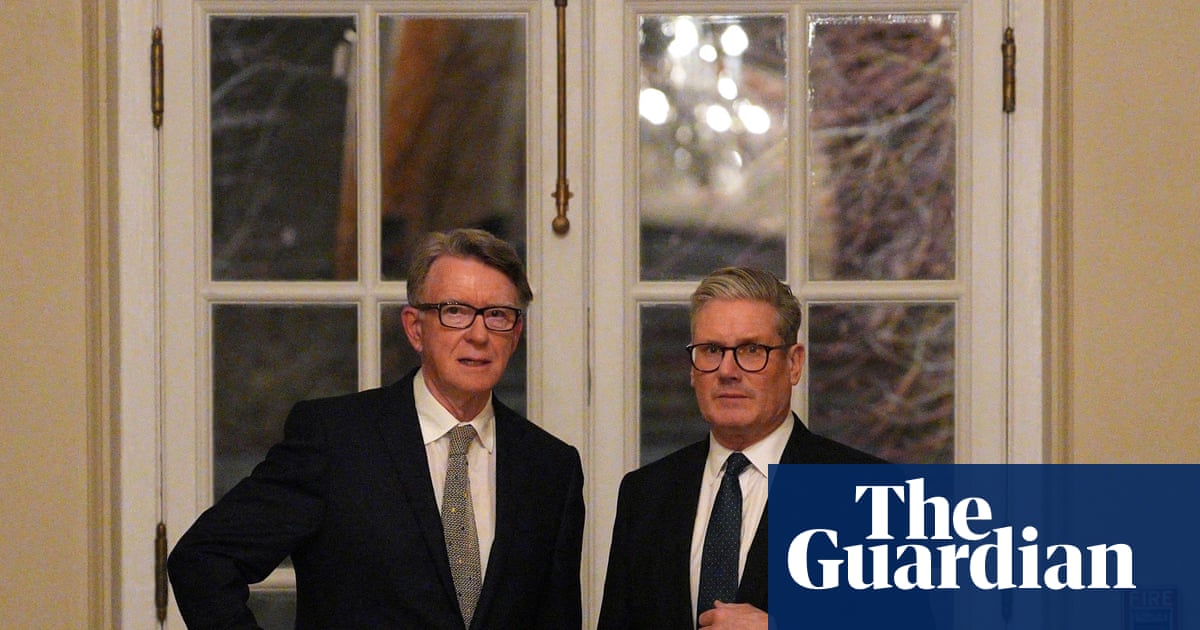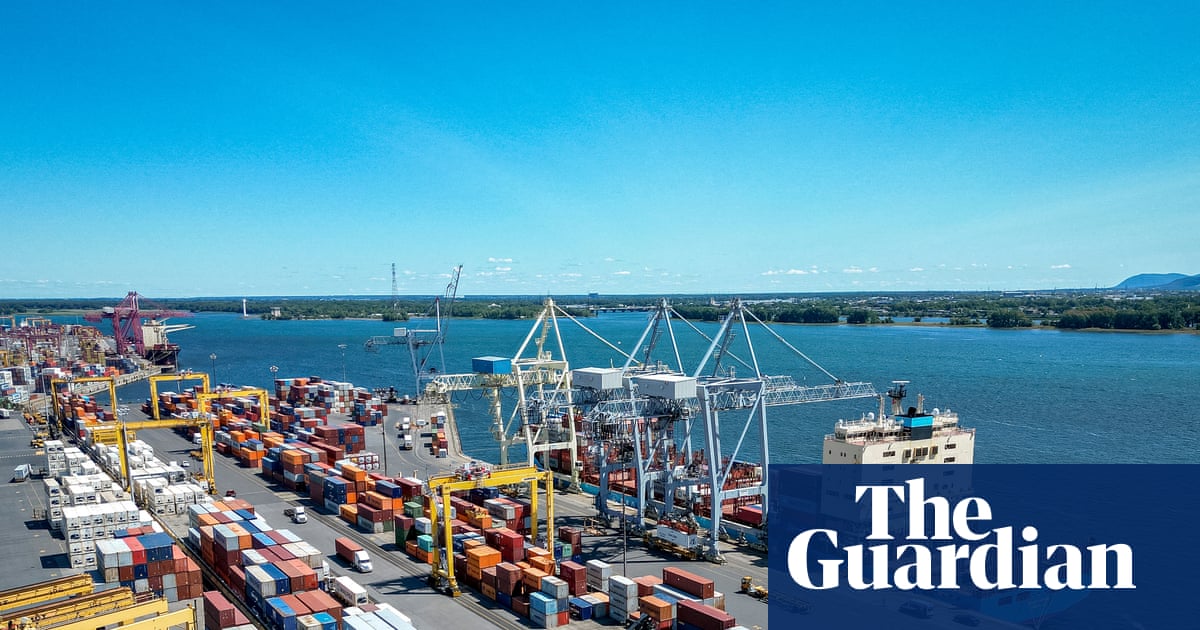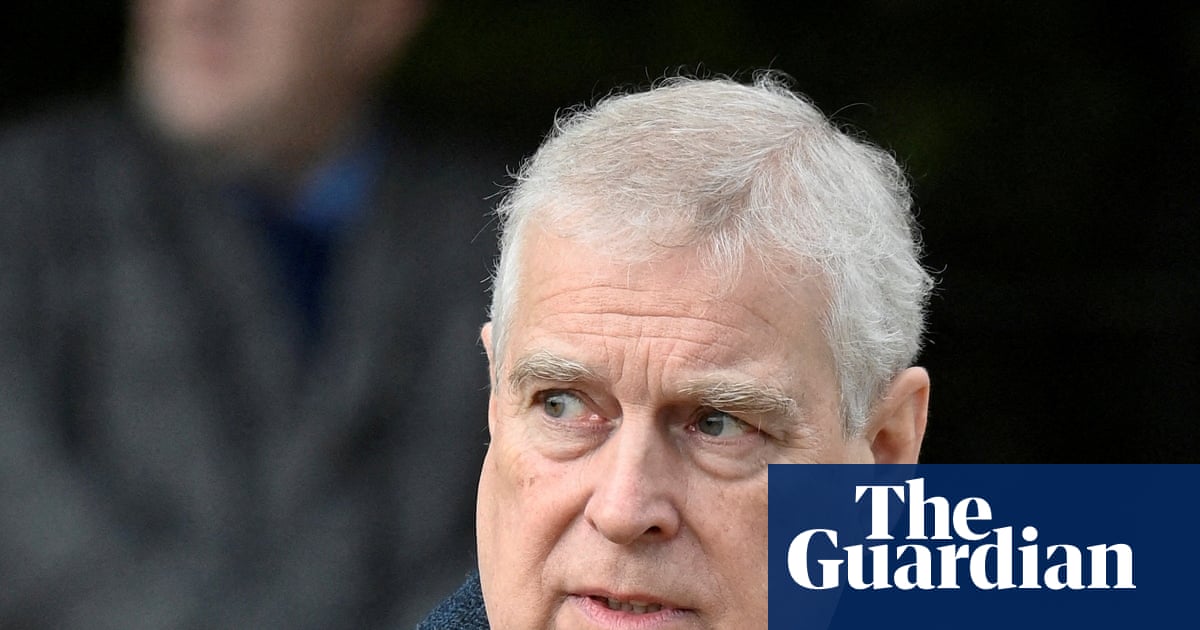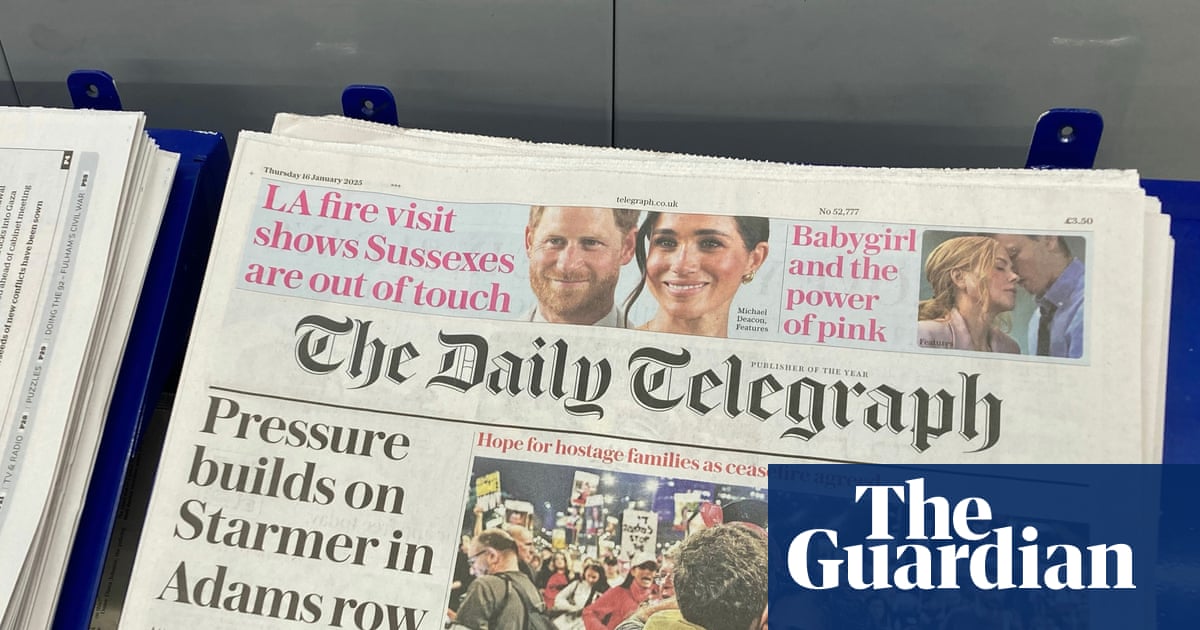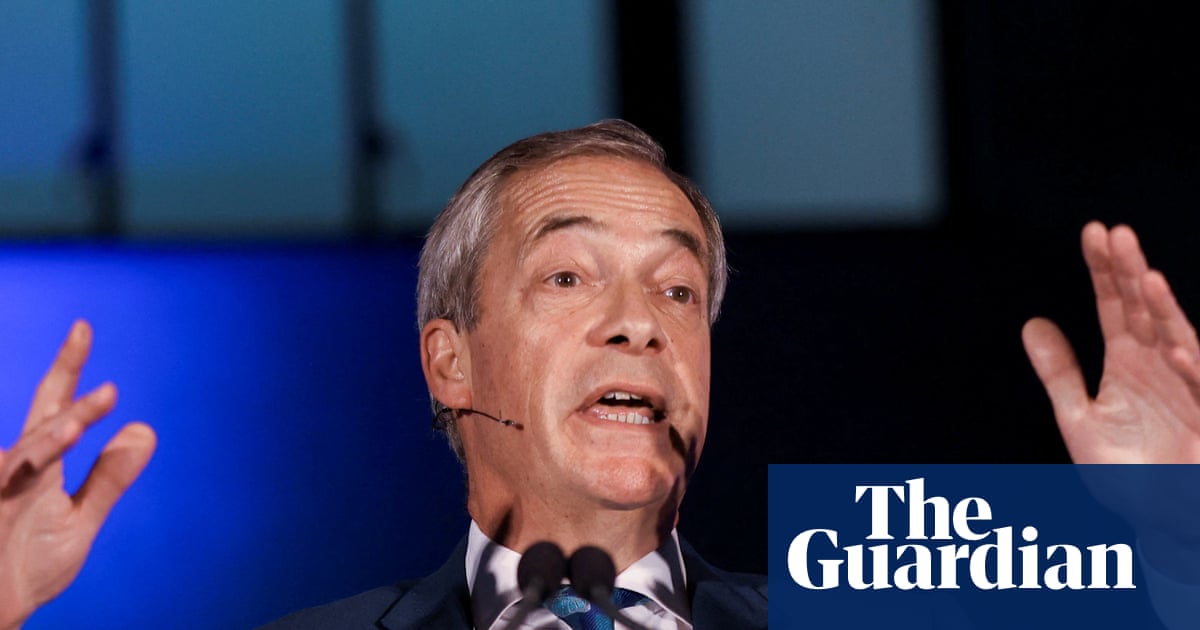The UK is preparing to recognise the state of Palestine as early as Friday, after Israel failed to meet conditions that would have postponed the historic step, including a ceasefire in Gaza.
Keir Starmer insisted the timing of the UK announcement had nothing to do with Donald Trump’s visit, even though the US president said at a press conference that he disagreed with Britain’s decision, without elaborating.
Recognition will bring a wave of criticism from Israel, including claims that it is a reward for Hamas and terrorism, a charge the UK rejects by saying it envisages only a Palestinian state in which Hamas is disarmed, plays no part in the future government, and the leadership of the Palestinian Authority is subject to elections within a year.
Starmer emphasised there would be no place for Hamas, insisting the group were terrorists, and adding he agreed with Trump on the need for a roadmap.
The UK prime minister said recognition was “part of that overall package which hopefully takes us from the appalling situation we’re in now to the outcome of a safe and secure Israel, which we do not have, and a viable Palestinian state”.
The US, now in effect opposed to a two-state solution as unobtainable and undesirable, has rejected the UK move as unhelpful, but Trump has decided not to make the matter a point of division with Starmer given Washington sees it as a largely symbolic act that will not weaken Israel. The president has his own private frustrations with the Israeli prime minister Benjamin Netanyahu’s refusal to agree a ceasefire, as well as his bombing of Qatar last week.
The UK Foreign Office had long parried calls for recognition, saying the step should only be taken when it had maximum impact on the peace process. Following intense consultations with French diplomats, the UK shifted to backing recognition four days after Emmanuel Macron made his announcement on 25 July.
The delay gave Starmer time to talk privately to Trump on his visit to Scotland, and to set conditions that if fulfilled would delay UK recognition of Palestine. These included a resumption of humanitarian aid, a ceasefire, Israeli engagement in a sustained peace process, and no further Israeli land annexations in the West Bank. Israel was never likely to meet these preconditions, making UK recognition largely an issue of timing rather than content.
Britain’s choice has been whether to wait for a UN conference on Monday on a two-state solution or go earlier. Prompting the decision is anger at Israel’s treatment of Palestinians and a sense that if Britain does not act now Israel will, through annexation, have destroyed the last hope of Palestinian self-determination.
The head of the Palestinian mission in the UK, Husam Zomlot, is due to unveil the Palestinian flag on Monday at what will become the Palestinian embassy.
The act of recognition would make UK relations with Palestine as those between two states, but government legal advice is that that would not place any additional legal obligations on the UK to punish Israel for what Britain already regards as the unlawful occupation of Palestine.
Critics in the UK claim recognition breaches the Montevideo effectiveness criteria that a state should only be recognised if it has clearly defined borders, a stable population and a single functioning government.
The difficulty for ministers is that as claims that Israel is committing genocide start to become more frequent inside the Labour party, the demand to take further action will intensify, including cutting off trade links with Israel.

.png) 1 month ago
43
1 month ago
43



